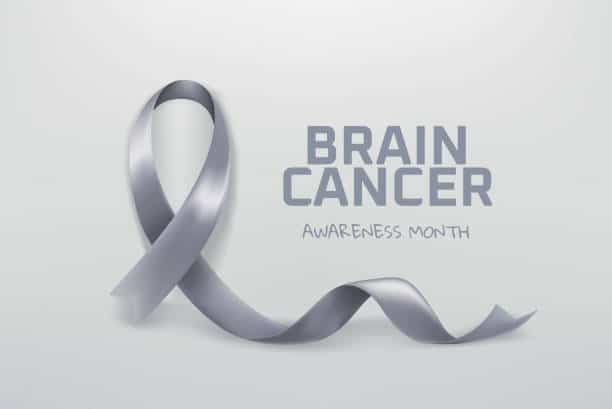Brain Tumour Awareness:

Hope, Progress, and How You Can Help

Did you know that brain tumours affect thousands of lives each year? Brain Tumour Awareness Month is a crucial time. It’s when we come together to shine a light on this condition. This article aims to give you the lowdown on brain tumours, celebrate progress in treatment, and show you how to get involved. Let’s dive in.
What is a Brain Tumour? Defining Tumours and Their Impact
A brain tumour is basically a growth of abnormal cells in the brain. These growths can mess with how your brain works. They can be either benign, meaning non-cancerous, or malignant, meaning cancerous. Even benign tumours can cause problems because they take up space and press on important parts of the brain. The location of the tumour really affects what symptoms you might get. For example, a tumour near the vision centre might cause sight problems.
Recognising the Signs: Common and Less Common Symptoms
The symptoms of a brain tumour can vary a lot. Some common signs include headaches that just won’t quit, seizures, and changes in your vision. You might also experience weakness on one side of your body. But, there are some less common symptoms to watch out for, too. These include changes in your personality, problems with your memory, or even feeling really tired all the time. Spotting these signs early can be a game changer.
It’s easy to get caught up in the science of brain tumours, but it’s so important to remember the people behind the diagnosis.
Sharing Experiences and Inspiring Hope
Hearing from others who have been through it can be a real source of hope. Despite the challenges, and concern with the support from family and friend facing the circumstances, becomes easier to bare. There are many stories show that it’s possible to live a full life even after a brain tumour diagnosis.
Caregiver Perspectives: The Challenges and Rewards of Support
Caregivers are the unsung heroes in the fight against brain tumours. They provide emotional and practical support to their loved ones. It’s a tough job, but it can also be incredibly rewarding. Caregivers often feel a mix of emotions from stress to love. Their experiences show the importance of a good support system.
The Importance of Mental Health and Support Systems
A brain tumour diagnosis can take a toll on your mental health. It’s normal to feel anxious, sad, or even angry. That’s why support groups, therapy, and counselling can be so helpful. Talking to others who understand what you’re going through can make a big difference.
How You Can Make a Difference During Brain Tumour Awareness Month 2025
Want to help make a difference during Brain Tumour Awareness Month? Here are some ways you can get involved.
Donate: Supporting Research and Patient Care
One of the easiest ways to help is by donating to organisations that fund brain tumour research and support patients. Look for reputable groups like the Brain Tumour Charity or Cancer Research UK. Even a small donation can make a big difference.
Advocate: Raising Awareness and Influencing Policy
You can also become an advocate. This means raising awareness about brain tumours and pushing for more research funding. Write to your local MP, share information on social media, or even start a petition. Your voice matters.
Participate: Joining Events and Spreading the Word
Check out local events happening during Brain Tumour Awareness Month. Many cities host walks, runs, or online campaigns to raise money and awareness. Share information about these events on social media. The more people know, the better.
Conclusion
Brain Tumour Awareness Month 2025 is a chance to educate others. It’s a time to support those affected and make a real difference. You can donate, advocate, or participate in events. Every action counts! Let’s keep the hope alive and work towards a future where brain tumours are no longer a threat.